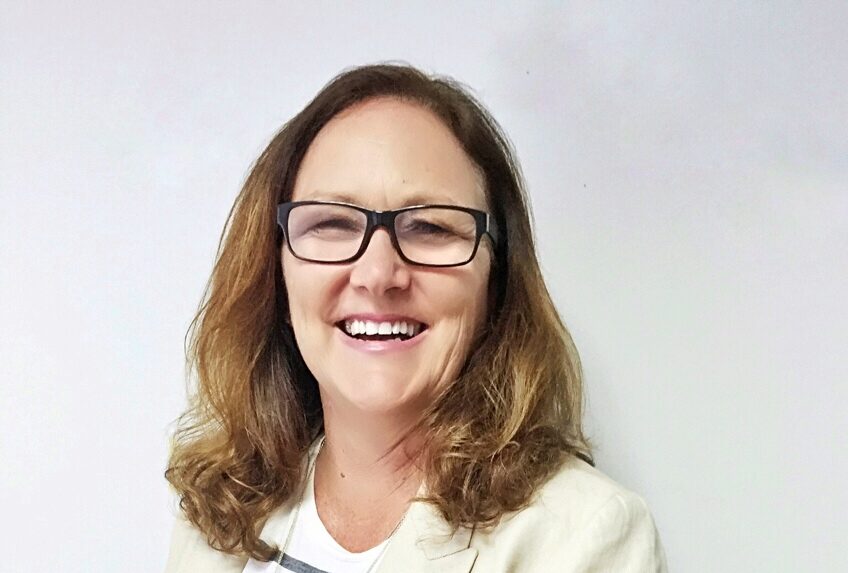As a business owner, one of the most important relationships you will have throughout your business journey is the one with your bookkeeper. With this in mind, the prospect of hiring a bookkeeper can be daunting. Here’s how to prepare for your initial meeting.
Debrah Stanton is the General Manager of First Class Financial Group. With over 20 years of experience in the industry, Debrah provides her insights into choosing the right bookkeeper for your business.
It’s OK to get the cost question out of the way
The number one question when hiring a bookkeeper is ask how much their services will cost. “It is absolutely okay to ask this question early on in the meeting,” Debrah says. “The response will give you a solid indication of how transparent and knowledgeable the prospective bookkeeper is about your industry.”
“While bookkeepers generally work across a range of industries and sectors, there will be factors unique to your business model that will require some discussion with you,” Debrah says. To make this process easier, consider the following before your meeting.
- What type of accounting system would you prefer to use? “Cloud-based accounting software is the gold standard these days as it is secure, gives you the ability to streamline your business processes and allows for the quick transfer of data between business and bookkeeper,” Debrah says. “That being said, there may be some instances where a hybrid cloud model may be a better option for businesses who need to maintain some in-house data storage.”
- How complicated is your industry and business? Debrah says each industry and business is different. “Things such as the number of daily transactions that occur within the business or how many suppliers the business has will affect the amount of work required.”
- What level of service will you require? “While many clients just require basic data input and analysis, others are looking for assistance with payroll, BAS returns and even banking,” Debrah says.
The key point of advice here for new business owners is to be upfront and honest about their business needs at this initial meeting. “That way, the bookkeeper has the information required to determine what the service may cost,” Debrah says. “Keep in mind, however, that if you engage a bookkeeper on a fixed-fee basis and they later discover that there is more work than you indicated, they will be likely to review the pricing structure.”
Ask what the bookkeeper will bring to the table to help you with your business
Debrah says business owners should be asking about the bookkeeper’s qualifications and experience, both as a bookkeeper and in previous roles, if bookkeeping is not their first career. “You also want to determine if they have a focus on professional development, what kind of training they have done recently and if they are fully across bookkeeping practices, ATO legislation and legal requirements.”
There may be certain times when you will require your bookkeeper to provide additional advice, and Debrah says you should ask a prospective bookkeeper how invested they are prepared to be in your business. “For business owners just starting out and just generally in difficult economic times, business owners may require more from a bookkeeper, and you need to determine if the bookkeeper is willing to step up at such times.”
Debrah says you should never underestimate the importance of finding a cultural fit with a bookkeeper, both with personal values and industry experience. “You need to feel confident you can build a strong working relationship with them.”
Discuss availability and role definition when hiring a bookkeeper
The role of a bookkeeper should be to add value to their client’s businesses. Debrah says the most efficient use of a bookkeeper’s time is for them to work remotely on a regular but defined basis. “Consider that if your business requirements mean you need to have someone doing the books for you five days a week, then you need to hire a full-time bookkeeper and not a consultant bookkeeper.”
“Again, this comes down to having an open and comprehensive discussion with a prospective bookkeeper about your business needs, defining their role and your expectations,” Debrah says.
